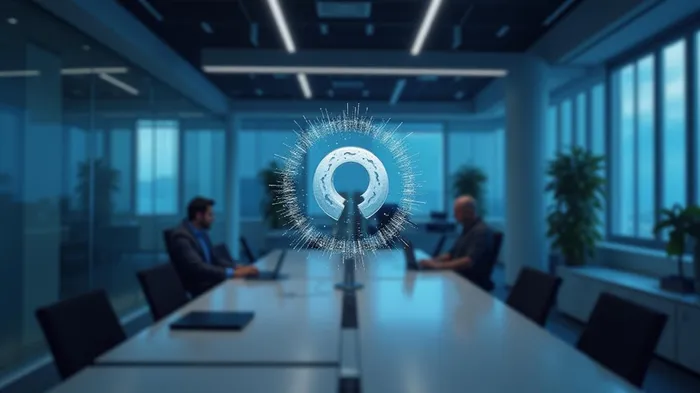OpenAI Abandons For-Profit Restructure Plan, Retains Nonprofit Control
OpenAI, the creator of the popular AI chatbot ChatGPT, has announced that it will no longer pursue plans to restructure into a for-profit company. This decision comes after months of deliberation and input from various stakeholders, including civic leaders and other influential figures. The company's chairman, Bret Taylor, stated that the decision to abandon the restructuring effort was made after considering the feedback received.
The initial plan involved separating the for-profit arm of the company from its nonprofit parent organization. This move was seen as controversial, as it would have significantly altered the governance structureGPCR-- of OpenAI. The nonprofit parent organization would have retained control over the for-profit subsidiary, which would have been transformed into a public-benefit corporation. This structure would have allowed the nonprofit to maintain oversight while enabling the for-profit arm to pursue commercial activities.
However, the decision to abandon this restructuring plan means that the nonprofit parent organization will continue to govern OpenAI. This move is likely to limit the influence of CEO Sam Altman, who had been a key proponent of the restructuring effort. The nonprofit's control over the for-profit arm ensures that the company's mission to develop and promote friendly AI remains at the forefront of its operations.
Despite abandoning the restructuring plan, OpenAI still intends to make significant changes to its corporate structure. The company plans to transform its for-profit subsidiary into a public-benefit corporation, which will be controlled by the nonprofit parent. This structure aims to balance the need for commercial activities with the company's commitment to its nonprofit mission.
The decision to retain nonprofit control over OpenAI is a significant development in the company's history. It underscores the importance of maintaining a governance structure that prioritizes the public good over commercial interests. The move is likely to have implications for the broader AI industry, as other companies may look to OpenAI as a model for balancing commercial activities with a commitment to ethical and responsible AI development.

Quickly understand the history and background of various well-known coins
Latest Articles
Stay ahead of the market.
Get curated U.S. market news, insights and key dates delivered to your inbox.



Comments
No comments yet